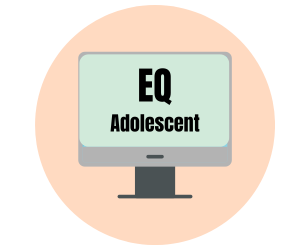Empathy Quotient Adolescent Autism Online Test & PDF

The Adolescent Empathy Quotient (EQ ) Autism test is a self-administered questionnaire used to measure autistic traits in adult. This online test consists of 40 statements and you can also download the PDF version. The Empathy Quotient test is a tool that has been developed to measure a person’s ability to empathise with others. Designed by Simon Baron-Cohen & Sally Wheelwright, the test consists of a series of questions that ask about a person’s ability to understand and share the feelings of others.
EQ Empathy Quotient Adolescent Questionnaire PDF
EQ Empathy Quotient Adolescent Scoring Key PDF
The information provided on this website is for educational purposes only, The assessments on this website are not intended to diagnose autism or any medical condition.
Following is online test:-
EQ_Adolescent
You must be logged in to post a comment.
